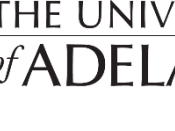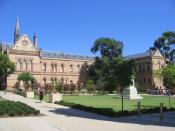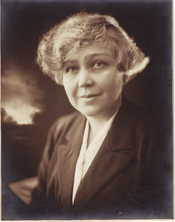IntroductionElton George Mayo stands out as one of the prominent personalities in the management discourse. He was born on the 26th day of December 1880 in Adelaide, Australia to the family of George Gibbes Mayo and Henrietta Mary Donaldson. He joined collegiate School of St. Peter in Adelaide, and attempted to enroll as a medical student. When his efforts to secure this chance failed, he went to England and indulged in writing. Upon his return to Australia, Mayo joined the University of Adelaide where he pursued philosophy. Graduating in 1912, he was given an appointment at the University of Queensland where he was a pioneer lecturer of philosophy and education. Mayo also taught economics, psychology, metaphysics, and ethics in addition to practicing management consulting (Lucas). After he resigned in 1923, Mayo transferred to the University of Pennsylvania where he studied the value of work breaks on worker productivity in a number of textile firms (Dingley, 1997, p.
31). It is here that he delved into organizational sociology and psychology, a combination which baffled many.
Major worksIt was not until 1926 that Mayo was introduced to sociological studies. Since then, he embarked on applying sociological to other management studies of the time. Thus, he became a pioneering researcher in the sociology of management in the infamous Hawthorne studies conducted between 1927 and 1932 which applied statistical methods in an effort to demonstrate the relevance of considering human factors in the workplace alongside physical factors, for instance, the environment and ergonomics (Gillespie, 2003, p. 45). Basically, these studies were aimed at examining strategies of improving productivity by initiating various changes, for instance lighting conditions. When these studies were completed, Mayo derived a number of hypotheses. These included the articulation that individual workers must be seen as members of a group but not...


